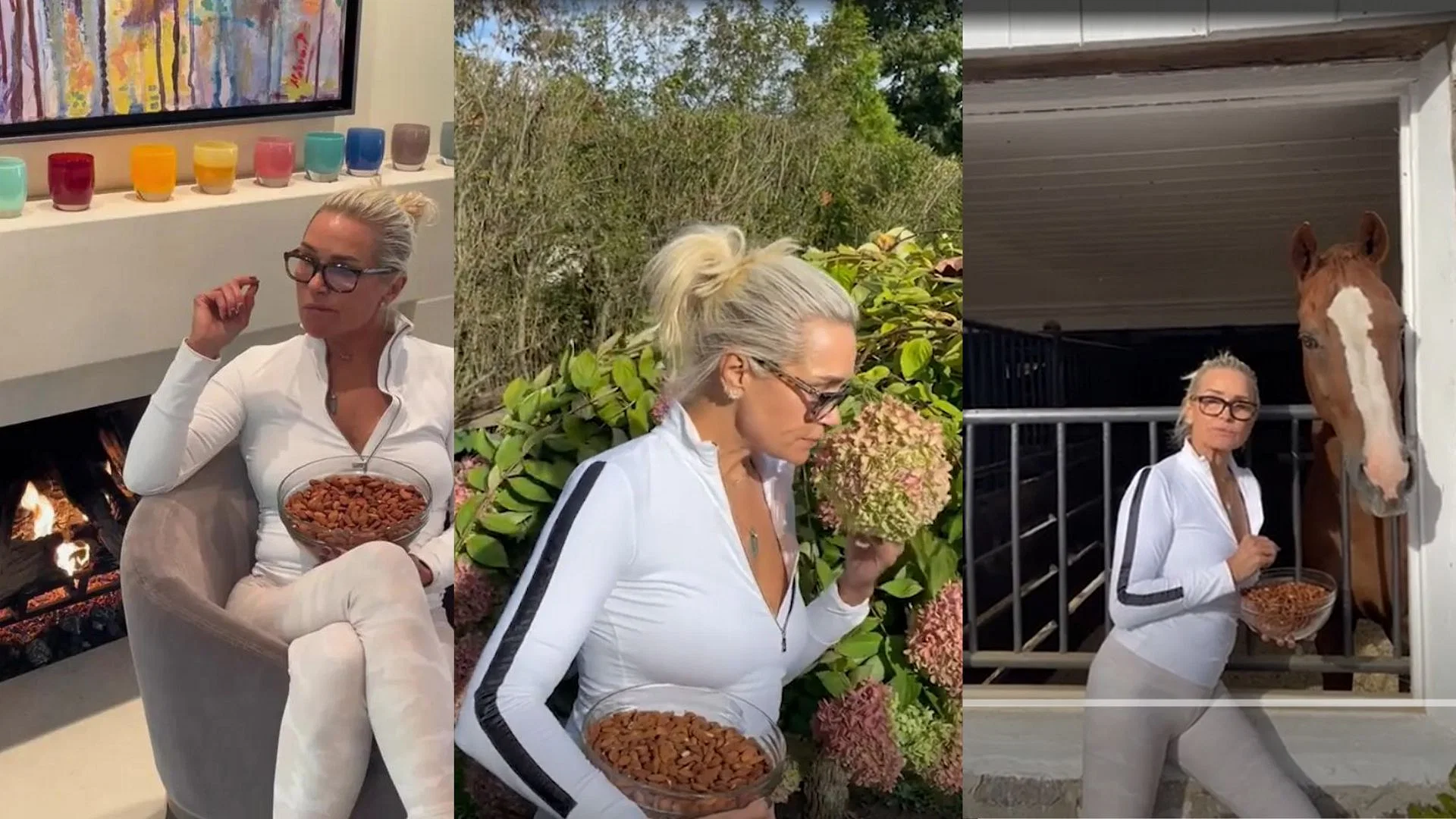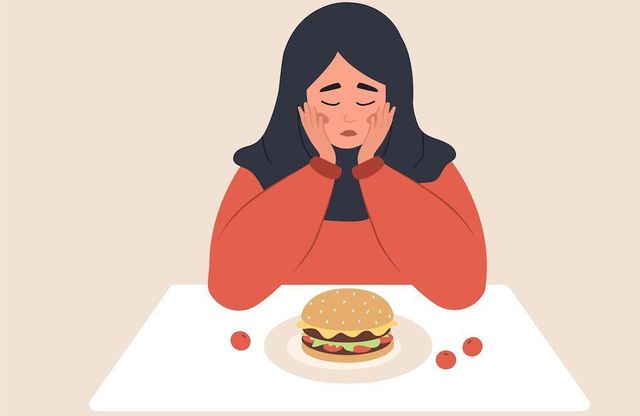By Evi Tsakali,
Most of us have probably been more exposed to the stereotype of the mother that almost force-feeds us, constantly asking us if we have eaten; however, the opposite can also happen, more frequently than we think, with perilous consequences. This phenomenon is called “almond parenting” and it is rooted in diet culture. According to pediatrician Dr Karla Lester, “an almond mom is a person who is usually stuck in diet culture, and likely grew up hearing phrases such as ‘a moment on the lips, a lifetime on the hips,’ and ‘you’re not hungry, you’re bored.'”

The term “almond moms” has gone viral again, after a clip featuring the incident that is its namesake resurfaced online. In the clip, teenage Gigi Hadid (who is now a supermodel) was complaining to her mother, Yolanda Hadid -who is an alum of Real Housewives of Beverly Hills- that she was feeling really weak since, as she precisely said, she “had like, half an almond”. To the shock of many, Yolanda’s advice was definitely not the reply you would naturally expect from a mother, when her daughter tells her she’s feeling weak; her answer was “have a couple of almonds and chew them really well”.
Such behaviors constitute a manifestation of fatphobia and relative internalized bias, sometimes projection, and it not only encourages unhealthy habits, but also sacrifices health in the altar of a prioritization of the pursuit of thin privilege. Nevertheless, like a lot of things in life, being an “almond mom” does not come with a manual; there is not a single way of being an “almond mom”, in fact, there are different types of “almond parenting”. An “almond mom” does not necessarily have to comment on her child’s weight to be one. Sometimes it’s the mother’s own self-critique and body image related insecurities that do the trick; sometimes not even that, as kids may be influenced by the general lifestyle that has been inspired by diet culture. Charlene Johnson, a former fitness instructor, was explaining in an interview how the aforementioned has probably applied to her case as a mother: “As much as I try to let my kids eat what they wanted, never talked about their bodies, never talked about my own body in front of them, they still were watching what I was doing […] what I was doing was exercising for hours a day. I never ate what they ate, and I was [fanatic] about eating clean.”.

Of course, nobody is perfect and it would be naïve not to acknowledge that we all have our insecurities. As such, in order to avoid falling into the trap of “almond parenting” out of negligence or ignorance, it would be pertinent to discuss some simple practices, some slight shifts in our behavior and attitude towards food that will render our children untouchable by the toxic aspects of diet culture. A first step is to stop or, at least, limit what we call “food-shaming”; we should not label foods as “good” or “bad” and thus demonize them or make them the “forbidden fruit” to the eyes of children. However, what is crucial is to demystify and de-emphasize the importance of the scale and the number it shows; it is vital that our health, habits, body image, and -hence- self-confidence not be dictated by such an absolute (and purely quantitative indicator) as a bunch of digits…
References
- What Is an ‘Almond Mom?’ and How to Not Be One. parents.com. Available here
-
What is an ‘almond mom’? And how to recover if you had one. today.com. Available here




